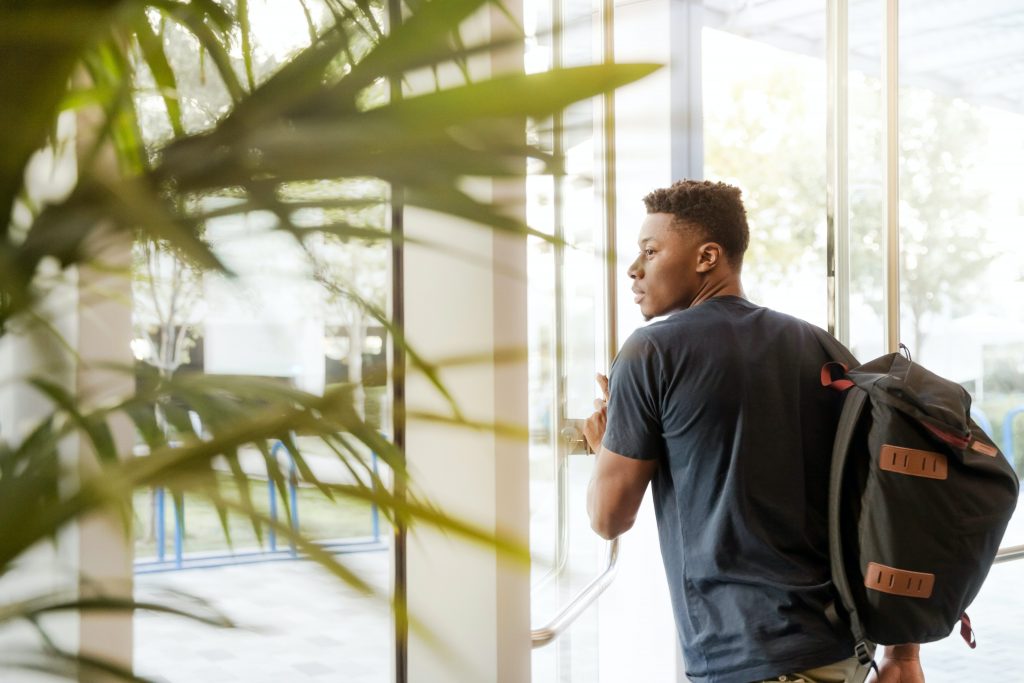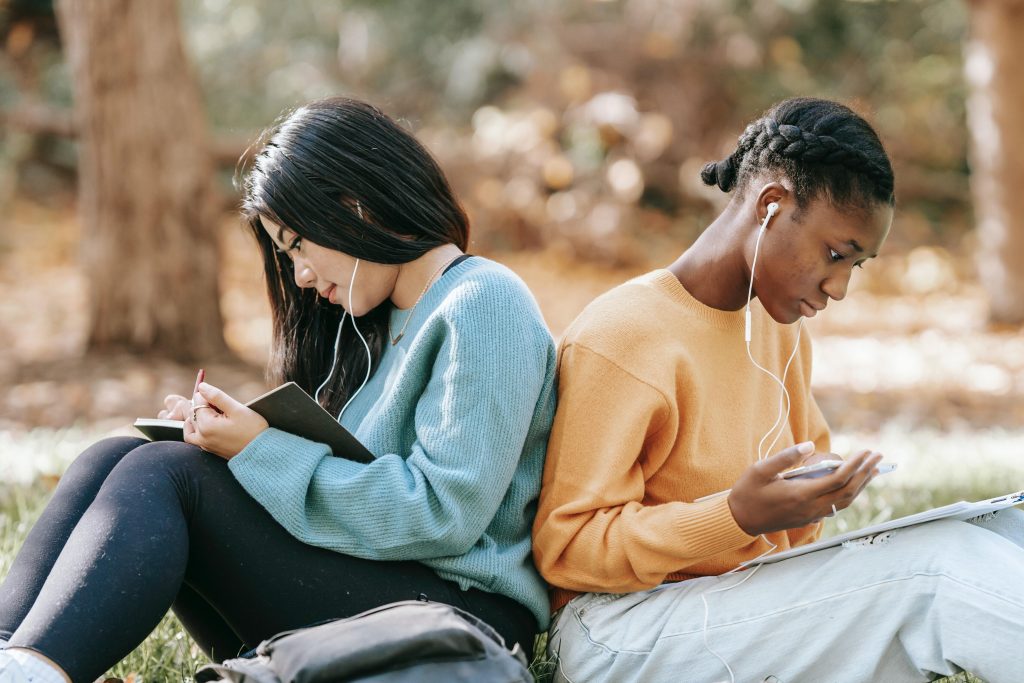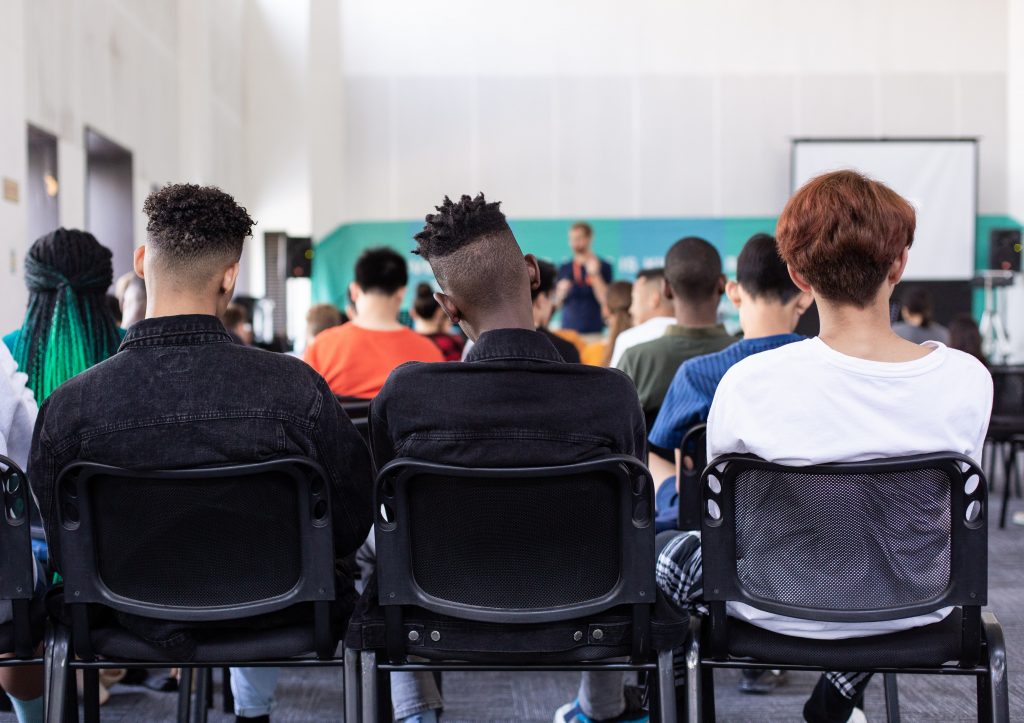How the University of Edinburgh used Togetherall to Support Students During Lockdown

April 16 2021
New challenges posed by the pandemic
Adding to the isolation of lockdown and the anxieties of an uncertain situation, the pandemic made the task of supporting students more complex. The University of Edinburgh had to prepare for an increase in demand for support from its 44,500 students and 15,000 staff. This was challenging with so many staff and students working and living remotely, including a large international student population, some of whom had returned to their home countries.
We knew that the added strain of lockdown was putting staff and students under pressure. Individual counselling could temporarily become more difficult to access – especially for those in different time zones.
Iris Sloan, Assistant Director of The University of Edinburgh’s Counselling Service.
A long-term partnership
As a long-term partner, Togetherall had already supported over 6,600 University of Edinburgh members with access to a safe, peer support community. But, during the pandemic, The University of Edinburgh was able to use Togetherall to extend mental health support directly to students, wherever in the world they were, through access to the platform. Togetherall’s scalability meant it was available to the entire student population at any time of day, making it particularly suitable to supporting students in different time zones.
How Togetherall helps
With many students and staff struggling with new feelings of anxiety and isolation because of the pandemic, the Togetherall community provided a space to explore and better understand those emotions. Members can connect with others who feel the same in a safe online environment, offering a vital additional layer of support to those experiencing early-stage issues.
As well as supporting each other, members can work through concerns using tools including self-guided courses covering topics such as anxiety, sleep, and depression; self-assessments; and articles designed to help members understand mental health and cope better.
Finally, with both students and staff remote, safeguarding and managing risk was crucial during the pandemic. While Togetherall is not a specialist crisis service, our robust clinical escalation procedures mean that trained and experienced mental health professionals can, and do, intervene to support those most in need. During 2020, Togetherall saw higher numbers of cases of requiring clinical assessment than at any time previously.
We knew we couldn’t transfer our one-to-one counselling onto Microsoft Teams until we could be assured of its security for the confidential nature of our work so, with the help of Togetherall, we were able to continue supporting our staff and students with a service that was available instantly and anonymously.
Iris Sloan, Assistant Director of the Counselling Service at The University of Edinburgh
Outcome
“When the Covid-19 pandemic first struck in March and things were changing so drastically, Togetherall played a critical role in continuing to provide support while staff and students adapted to working remotely and new systems were set up online,” says Iris Sloan, Assistant Director of the Counselling Service at The University of Edinburgh.
“We knew we couldn’t transfer our one-to-one counselling onto Microsoft Teams until we could be assured of its security for the confidential nature of our work so, with the help of Togetherall, we were able to continue supporting our staff and students with a service that was available instantly and anonymously.”
Find out more
If your institution is looking to provide a safe and supportive mental health community to your students and members of staff, click the button below to get a demonstration of Togetherall’s online peer-to-peer support offering.








